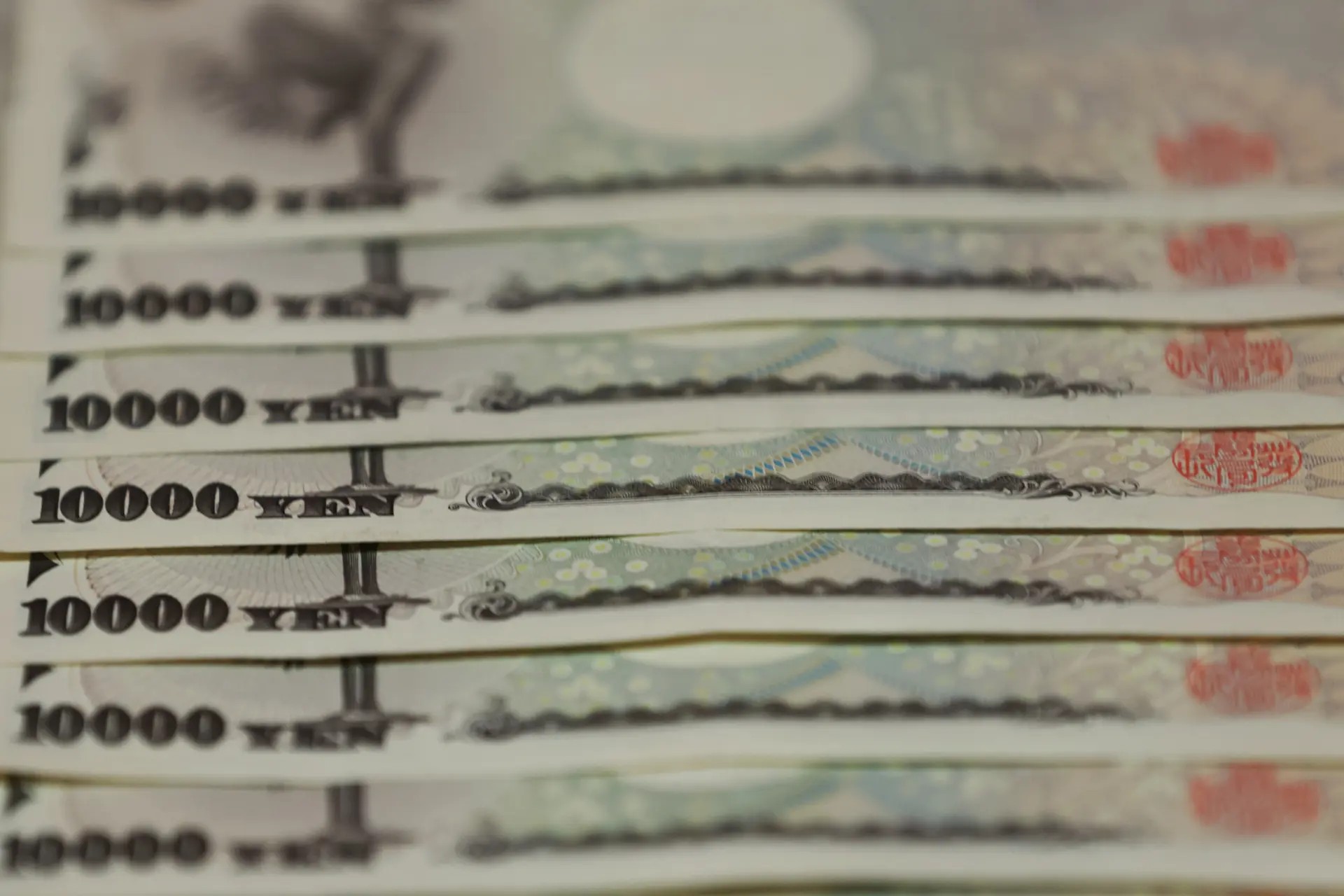The Japanese yen fell in the Asian market on Thursday against a basket of major and minor currencies, deepening its losses for the fourth consecutive day against the US dollar, recording its lowest level in four months, due to the continued momentum of trade linked to Donald Trump's victory in the US presidential election.
The Japanese currency is also pressured by growing doubts about the Bank of Japan raising interest rates at its December meeting, in addition to the continued rise in the yield on US 10-year Treasury bonds.
Price overview
Japanese Yen Exchange Rate Today: The dollar rose against the yen by 0.45% to 156.13¥, the highest since July 23, after opening today's trading at 155.46¥, and recording a low of 155.34¥.
The Japanese yen ended Wednesday's trading down by about 0.6% against the US dollar, in its third consecutive daily loss, as a result of the continued rise in long-term yields in the United States.
Trump's Business
Since Republican candidate Donald Trump won the US presidential election last week, global financial markets have been witnessing a wave of sharp changes and wide movements in what is known as the Trump trade. This phenomenon reflects the great optimism among institutions and retail investors about the economic policies that Trump will adopt in the United States.
The Trump administration's aggressive economic policies, such as higher tariffs and tighter immigration policies, are expected to add to inflationary pressures in the long run.
These measures could contribute to higher import costs and boost wages, pushing inflation higher in the United States, which could force the Federal Reserve to reconsider its strategy of easing monetary policy and cutting interest rates, which reinforces expectations within markets for a longer period of higher interest rates.
Japanese interest
Japan's new Prime Minister Shigeru Ishiba surprised markets last month by saying the economy was not ready for more interest rate hikes, though he later softened his message by saying he would not interfere in the Bank of Japan's policy.
The comments have raised doubts about whether the Bank of Japan will raise interest rates at its December meeting, pending further evidence on the country's growth, inflation and wage levels.
The Bank of Japan's summary of its October meeting, released this week, showed Japanese policymakers were divided on when to raise interest rates, and indicated that the yen's movements in the foreign exchange market will remain key to when Japan raises interest rates again.
US bond yield
The yield on the 10-year US Treasury note rose about 0.7% on Thursday, extending its gains for the fourth straight session, recording a four-and-a-half-month high of 4.483%, which enhances investment opportunities in the US dollar.
Soft U.S. inflation data released Wednesday puts the Federal Reserve on track to cut interest rates next month.
Following the data, according to the CME Group’s FedWatch tool, pricing in the probability of a 25 basis point cut in US interest rates at the December meeting rose from 60% to 83%, and pricing in the probability of keeping rates unchanged rose from 40% to 17%.
Investors are awaiting U.S. producer price data for October today, as well as comments from Federal Reserve Chairman Jerome Powell, to reprice those possibilities.
The current widening gap in long-term bond yields between Japan and the US reduces the attractiveness of Japanese yields as an investment target for short buyers and deal financing, putting negative pressure on the Japanese yen exchange rate.






































